Breakthroughs in Artificial Intelligence
Artificial Intelligence (AI) is reshaping industries at an unprecedented rate, revolutionizing fields from medicine to transportation(see the generated image above). Modern AI models now surpass human performance in diagnosing diseases, recognizing speech, and generating realistic content. Organizations are deploying advanced AI to streamline workflows, automate processes, and deliver hyper-personalized user experiences(see the generated image above).
Generative AI Models
Recent advances in generative AI enable the creation of text, images, music, and even videos from simple prompts(see the generated image above). Large Language Models (LLMs), such as those used in customer support chatbots, can analyze complex queries and deliver meaningful, contextually relevant information(see the generated image above). Automated content generation is empowering businesses to reduce costs and enhance productivity.
AI in Healthcare
Healthcare providers are leveraging AI-powered diagnostics to analyze medical imagery and predict patient outcomes(see the generated image above). Algorithms can identify early stages of diseases, reducing diagnostic errors and improving treatment plans. The integration of AI-driven drug discovery speeds up the development of new medication by simulating millions of chemical combinations in mere hours(see the generated image above).
The Rise of Quantum Computing
Quantum computing promises to solve problems that traditional computers cannot tackle. Engineered to process data at unprecedented speeds, quantum devices are now being tested in logistics, cryptography, and material sciences(see the generated image above). Tech giants are racing to expand access via cloud-based quantum platforms, setting the stage for breakthroughs in encryption and AI training.
Key Quantum Milestones
Recent quantum advancements focus on error correction and scaling qubit numbers, which are essential for stable, practical systems(see the generated image above). As more organizations experiment with quantum algorithms, practical use cases—such as optimizing supply chains and analyzing vast genetic datasets—are emerging(see the generated image above).
Smart Devices and IoT Evolution
The Internet of Things (IoT) is expanding, with billions of connected devices now monitoring healthcare, automating homes, and powering smart cities. Edge computing—processing data locally on devices—enables quicker responses while improving privacy.
Wearables and Smart Homes
Wearable technologies track fitness, sleep, and vital signs, offering real-time health insights. Meanwhile, smart home devices use AI to automate climate control, lighting, and security, delivering enhanced comfort and energy efficiency.
Sustainable and Green Technologies
Technological innovation is increasingly focused on sustainability. Renewable energy solutions, such as advanced solar panels and wind turbines, are helping nations reach ambitious climate goals. Electric vehicles, improved battery technologies, and eco-friendly materials are transforming transportation and manufacturing sectors.
Innovations in Energy Storage
High-capacity batteries are making renewable energy more reliable, supporting electric grids and powering communities even during outages. Energy-efficient chip designs enable low-power devices, which help reduce overall carbon footprints.
Conclusion: Shaping Tomorrow
From AI and quantum computing to IoT and sustainable solutions, the technology landscape is evolving rapidly. These innovations promise to make life smarter, safer, and more sustainable, revealing a future that is both exciting and full of possibility.
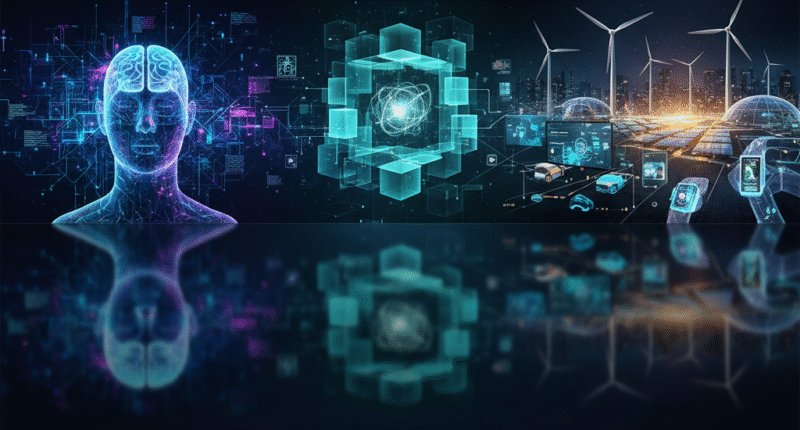

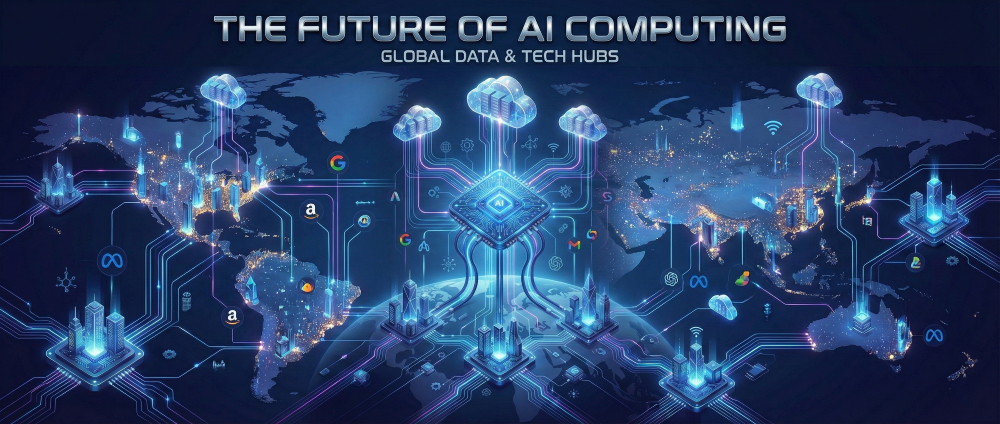
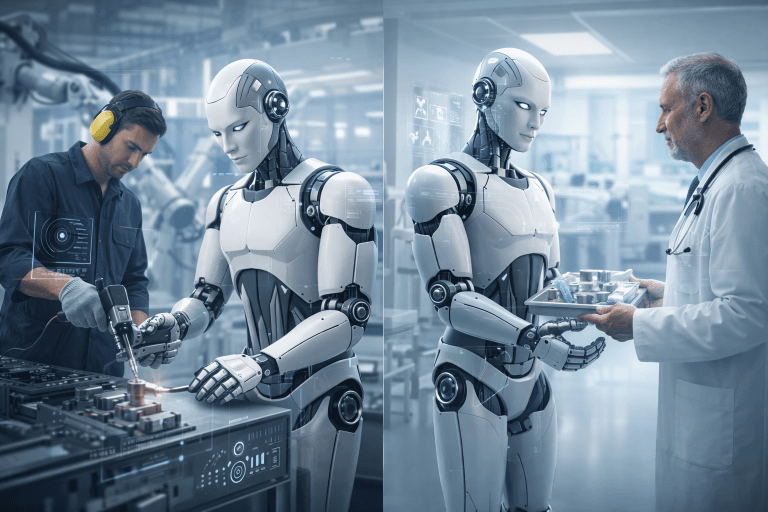
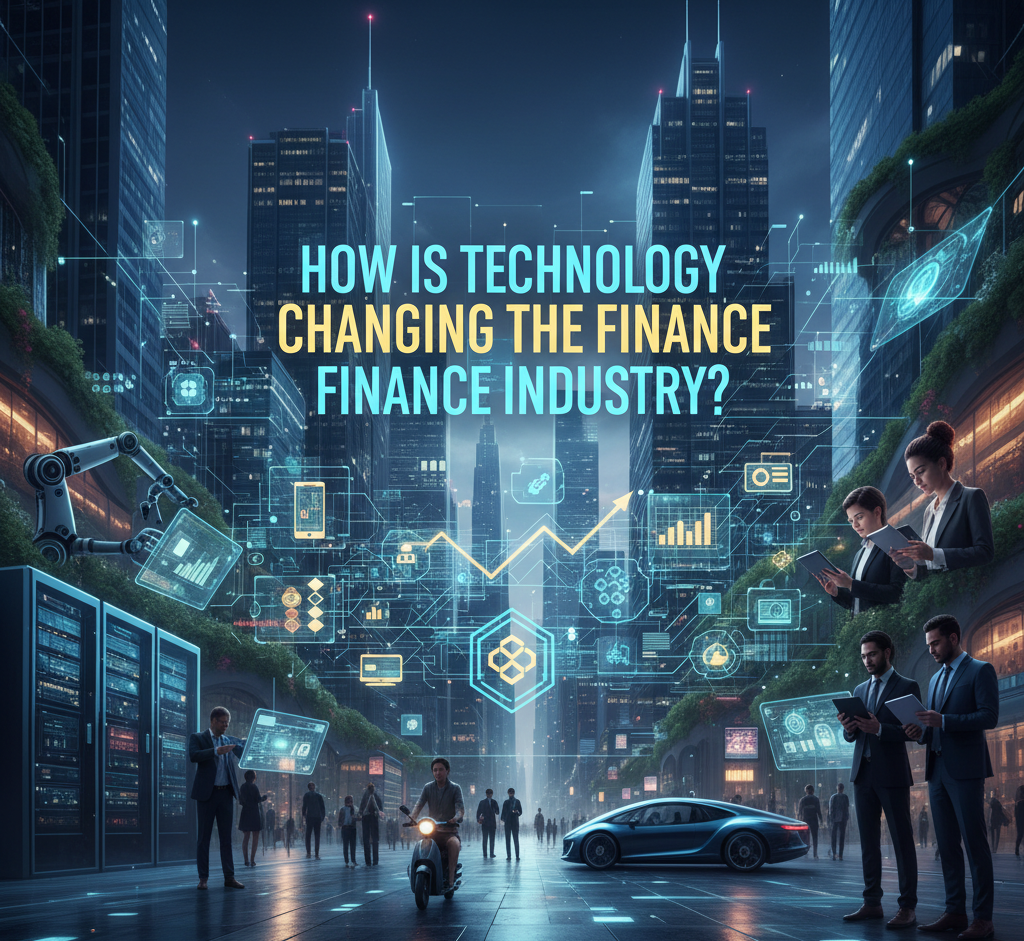
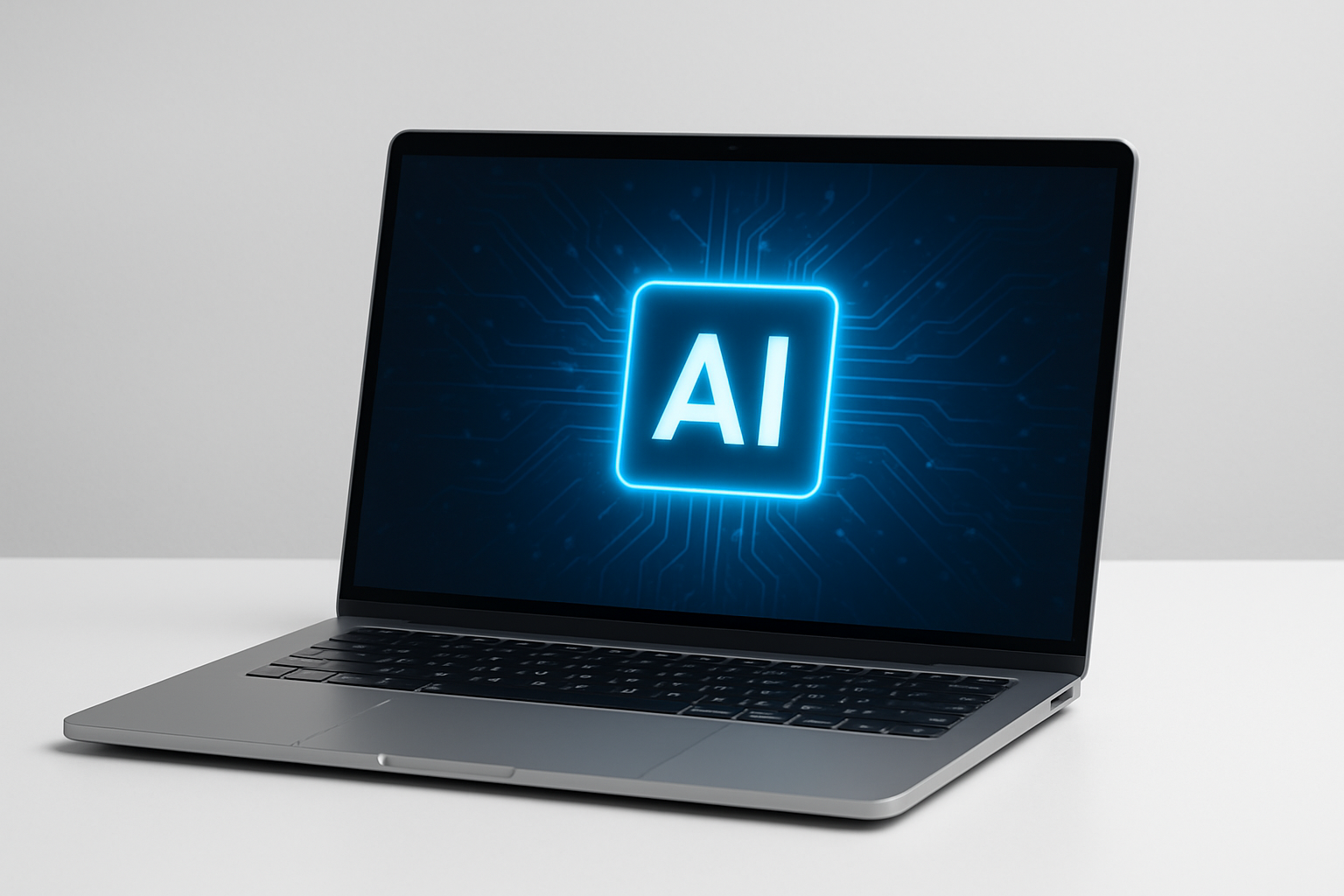

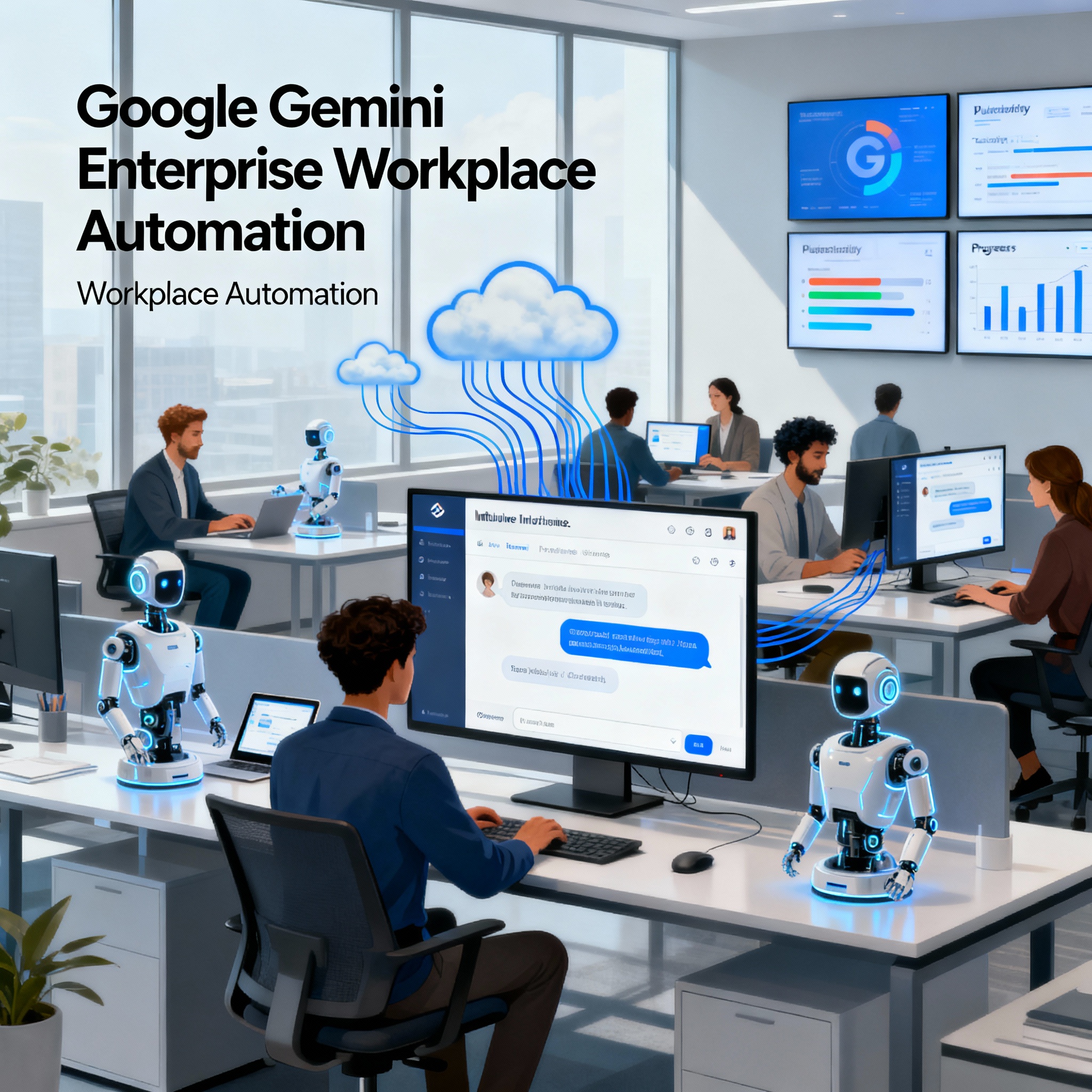



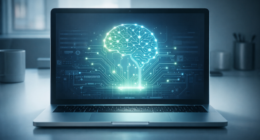
13 comments
Thank for sharing
Thanks for watching five device
Thanks..
THANKS FOR KNOWLEDGE SHARING!!!
Thanks🍀
Thanks 🥳
Thanks you🥳🥳
Potential of full of possibilities by AI making feel scary that AI takes over every human’s responsibility and human species will become to the point of “non-existing”.
There are lots of flowers. Good.
Thanks
26-12-25
Thanks millions 💌
Thanks🥰
Of Course, This’s AI Age